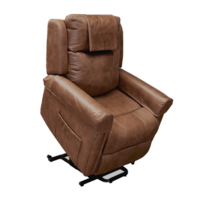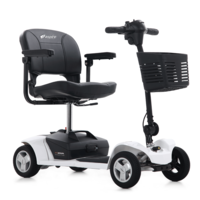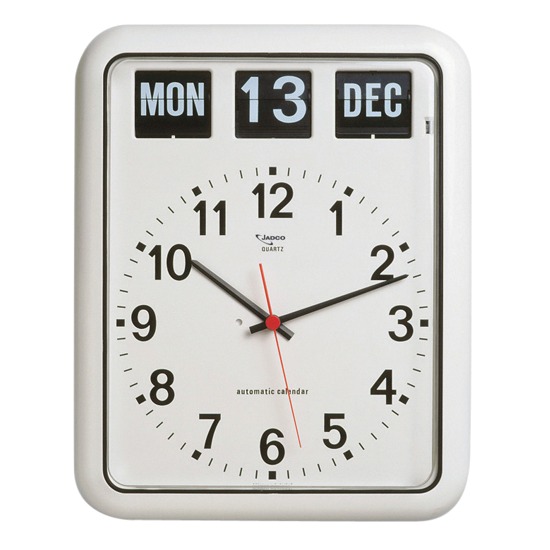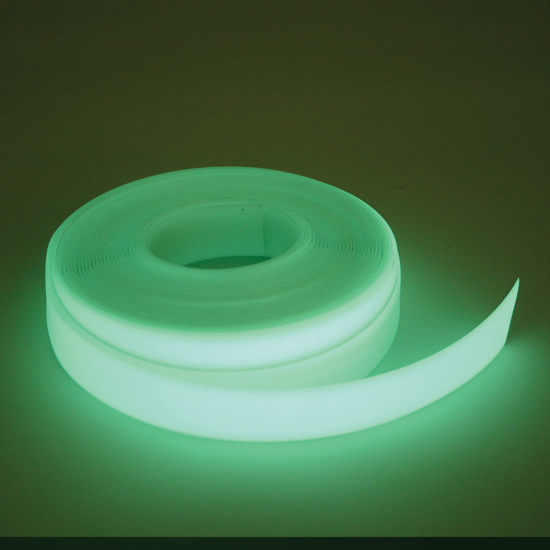Dementia Care Guide
Quick links: {What is dementia} {Caring for yourself} {Caring for someone with dementia} {Strategies to manage mood changes} {Care environment at home} {Helpful resources}
In Australia there are 487,500 people living with dementia with almost 1.6 million people involved in their care. And the vast majority of people with dementia rely on an informal carer – such as a partner or adult child – to take care of them.
As an informal carer, your role can be complex and myriad. It may involve navigating medical appointments, helping with physical tasks, managing personal affairs when the individual is no longer able to.
At the same time, you may be dealing with the emotional and mental changes that come with dementia. Irritability, memory loss, confusion and hallucinations can make caring for someone with this condition particularly challenging.
As dementia progresses, the caring role changes with it. Information, resources and support can help you adapt to these different stages.
What is dementia?#What is dementia.png)
Dementia doesn’t refer to any one disease. It’s actually a general term for conditions that affect brain function – such as memory loss, language and problem-solving – to an extent that it impacts daily living tasks.
Alzheimer’s disease is the most common type of dementia, accounting for around 60-70% of dementia cases. Other types of dementia include Lewy Body disease, vascular dementia , early onset dementia, and frontotemporal dementia.
Generally, the first signs of dementia include mild by frequent loss of memory, getting lost in familiar areas, repetitive behaviour, or unexplained mood changes.
These symptoms are often subtle and may be put down to simply getting older. Often, it’s only when symptoms progress that a diagnosis is made.
While a diagnosis of dementia can be upsetting, it also allows you to find the treatment, support and services you may need to get the right type of care for your loved one.
Care for yourself#Caring for yourself
As the partner, friend or family member of someone with dementia it’s only natural your first response is to give them support. But it’s important that you put in place a structure to support yourself as well.
- Find a local support group. Try a few out as there are varying styles and you can find the one that fits you best. There are even joint groups for caregivers and those living with the disease.
- Make time in your schedule to do things you enjoy. Go out for a meal with friends. Arrange a weekly games session or sporting match. Book in self care like a massage or facial. Caregiving can be so isolating and quickly causes burn out so the old adage 'it takes a village' applies to you as well.
- Realise at times you may not be able to reassure the person with dementia, and that's ok. Just being the shoulder to cry on can be way more helpful than offering solutions. Each family situation is different and each person with dementia is different so unfortunately there are grey areas when navigating the disease progression.
- Give yourself time to grieve. A dementia diagnosis can mean the future you thought you’d have with your loved one is gone. Recognise that the person you love is still there, just that their capabilities and limits have changed. A counsellor can help you work through these feelings.
Caring for someone with dementia at different stages#Caring for someone with dementia.png)
The course of dementia is often characterised as occurring in three stages, with different levels of care required at each stage:
Mild or early-stage dementia
In the early stages of dementia, many people are able to carry out their regular daily activities without assistance.
In this stage, your role will mostly be to encourage your loved one to talk about their feelings and simply be there to listen and validate them.
You can help research the various supports available and help them navigate through, if needed. Attend meetings and be prepared to take notes to refer back to. Organise and file information so it can be found later. Make a list of administrative tasks to take care of while your loved one is still able to make decisions themselves.
In these early stages, their interests may change based on their cognitive capabilities. Help them explore new activities so they can stay motivated and continue to participate meaningfully.
The Dementia Friendly organisation provides helpful information for individuals, businesses and community groups to become more aware of dementia and provide welcoming and supportive spaces for people with dementia.
Moderate or middle-stage dementia.png)
Dementia causes progressive deterioration of the brain’s function, which can affect someone’s ability to care for themselves. At this stage, your loved one may need help with dressing, personal hygiene, preparing and eating meals, and getting around. Your role as a carer can become progressively more physically demanding if you take on these tasks.
You may also need to take on personal admin, such as correspondence, dealing with financial institutions, paying bills, grocery shopping and arranging services. This can take up quite a lot of time, and can affect your work or personal life.
It’s important to know that help is available. Dementia Australia offers support for families and carers and can help you access support services and programs.
Severe or late-stage dementia
A person with dementia can live for many years following diagnosis, often at home with the support of a carer or carers.
Eventually, however, people will experience mental decline as well as worsening physical capabilities that necessitate a higher level of care.
The time may come that your loved one will need to be moved to a community setting tailored to people with dementia. There is no “right time” for this to happen – it’s a decision made based on the best care of the individual.
It’s normal to experience mixed feelings over this change.
Any good memory care community will let you spend time there and take as many tours as you need to feel comfortable. This can even be something you do early on in a diagnosis to allow your loved one to be involved in the decision about their future care.
Related article: Caring for someone with dementia
Strategies to manage mood changes#Strategies to manage mood changes
How to deal with irrational elderly parents?
It can be frustrating dealing with a parent who makes seemingly irrational demands or refuses help, particularly when you are trying to help.
Fears and anxieties can be heightened ten fold for people with dementia. What comes across as irrationality or stubbornness is due to them not understanding what is happening to them at that moment.
- Try to enter their world
One of the most basic things to realise is that for someone with dementia, the only reality is the one they perceive. While you know the things they are hearing, seeing and feeling aren’t there, trying to convince them otherwise may only upset them.
Instead, try and enter their world (as much as you can). This may mean agreeing with them about what they perceive or telling a lie to avoid causing distress.
- Seek out a compromise
It can help to understand exactly what is bothering so you can find a way around their refusal.
Does the shirt you’re trying to put on feel irritating? Do they not enjoy the feeling of a bath and would prefer a shower, or sponge bath? Are they having trouble focusing on a task because of loud music or other distractions?
- Redirect focus elsewhere
Change the subject or redirect attention to an enjoyable activity. Ask open-ended questions about topics they like talking about, like hobbies, pets, family or friends. Bring out a simple puzzle or fiddly task such as sorting shapes. Talk a walk or go into the garden.
How do you calm down someone with dementia?
- Reassure, validate, distract. Do not argue.
Agitation, distress or anger is a response to feeling overwhelmed or confused by a situation. Your goal is to make them feel comfortable, happy and safe.
- Find what works for that person when they feel really anxious or combative.
This might be looking through old photo albums or listening to their favourite music. It could be stroking a soft toy or holding onto a treasured possession.
- Check in with yourself.
People with dementia can be much more in tune with non-verbal cues like body language. Make sure you check in with yourself before approaching your loved one when they are upset. Take a few deep, calming breaths. Keep your body open and relaxed. Speak in a calm, slow voice. Move slowly and allow them to see what you’re doing.
Creating a care environment at home#At home
There are simple changes and products you can use around the home specifically designed to help people with dementia.
Related article: Dementia Care Products to Create a Safe Home Environment
Easy-to-read calendar and clock
Knowing the time and date can help with maintaining a schedule and preparing for activities. These products are designed to help aid information processing with big, clear numerals and that show the time, date and day of the week.
Orientation aids
Closed doors and dark rooms can be disorientating for someone with dementia. Room signs help provide context for the resident to help people living with a diagnosis of dementia find the bathroom, toilet, kitchen or bedroom areas.
Browse the complete range of Dementia Care products at Mobility HQ
Resources and additional support#Helpful resources.png)
Dementia Australia
Dementia Australia advocates for people living with dementia, and their families and carers. They provide information, support services and research funding as well as education for aged and health care professionals.
My Aged Care
My Aged Care provides access to government-funded services for older Australians.
Carer Gateway
Carer Gateway helps carers with emotional, financial and practical support. They can also connect you with respite services so you can have a break away from being a carer.



































